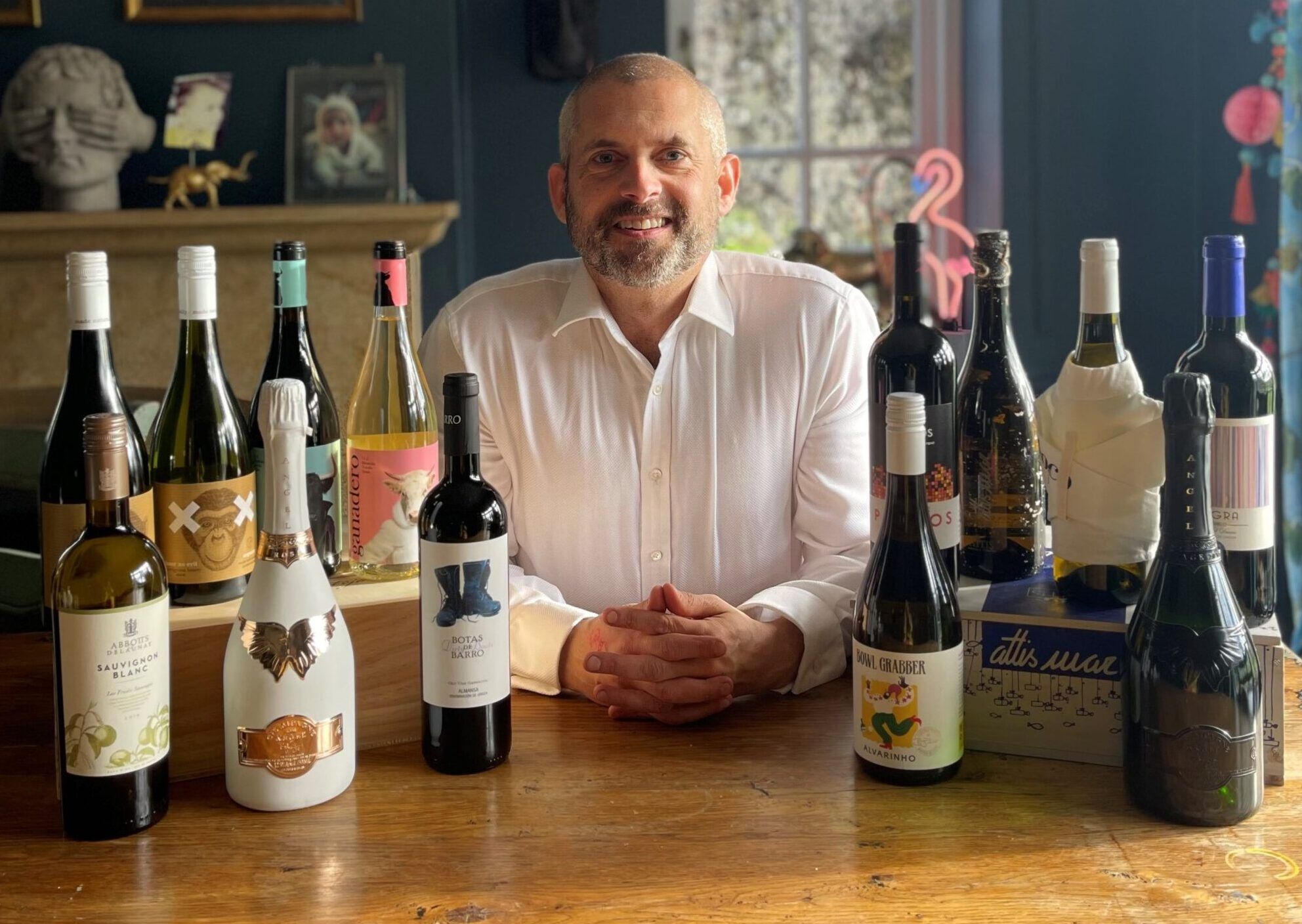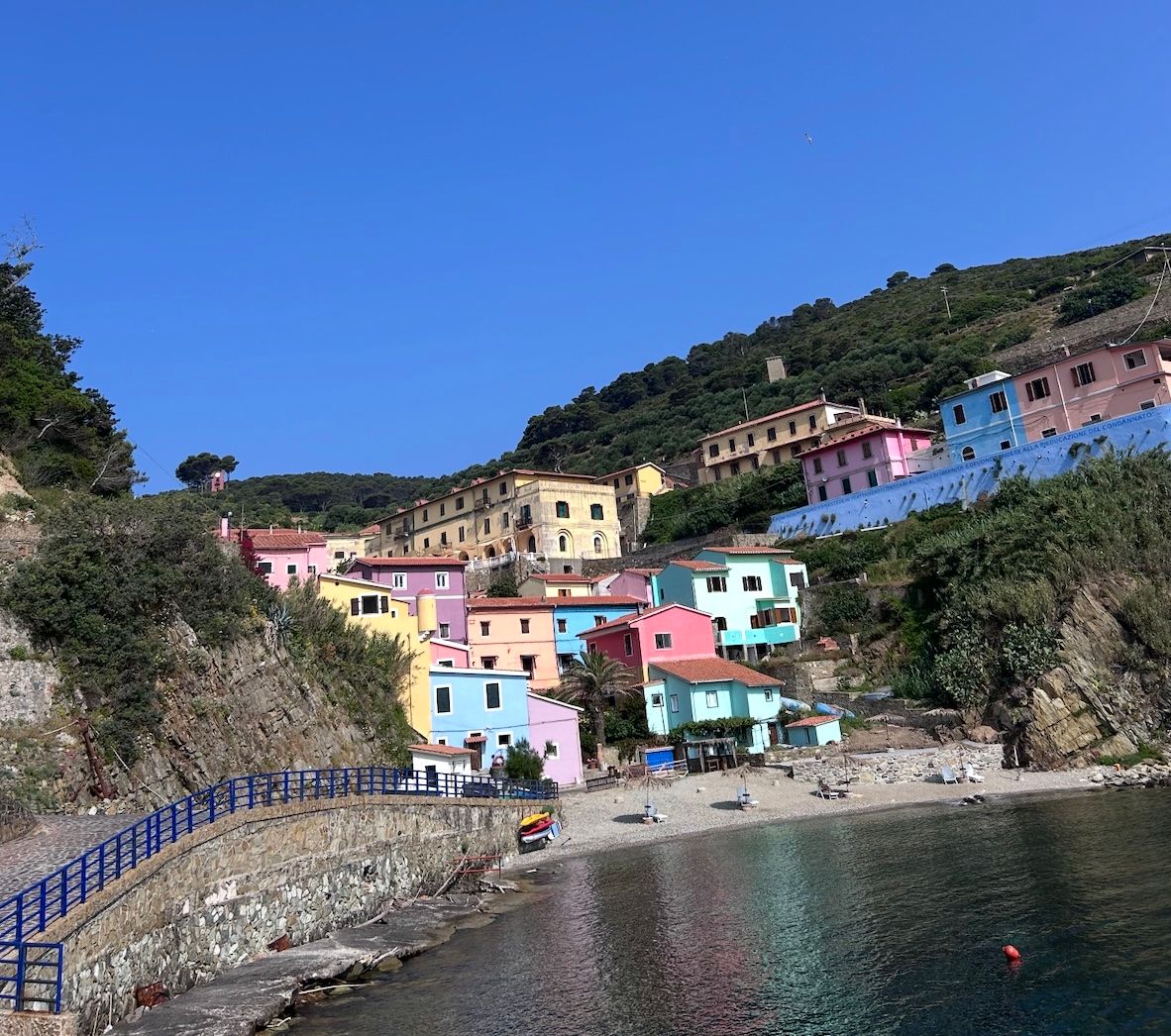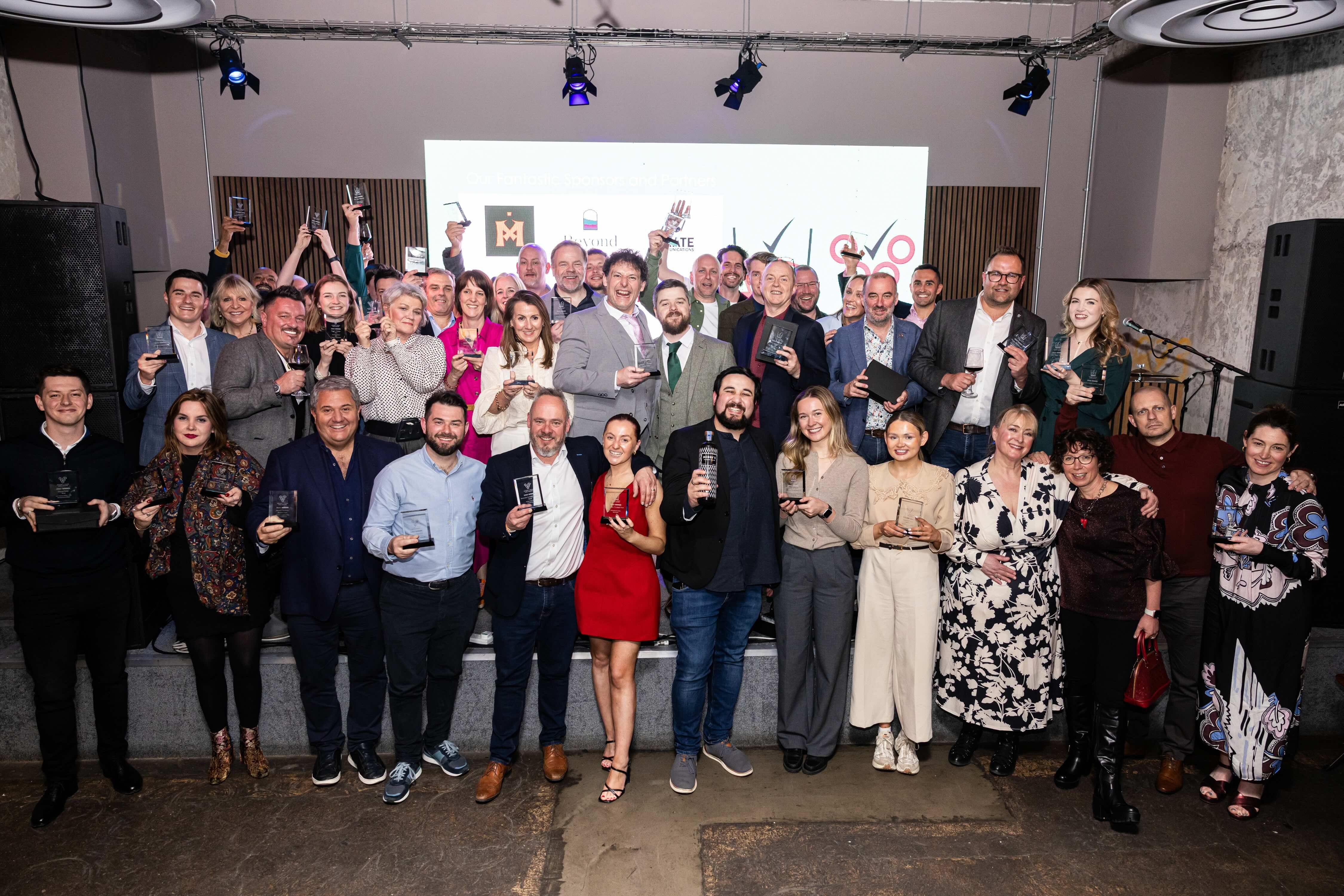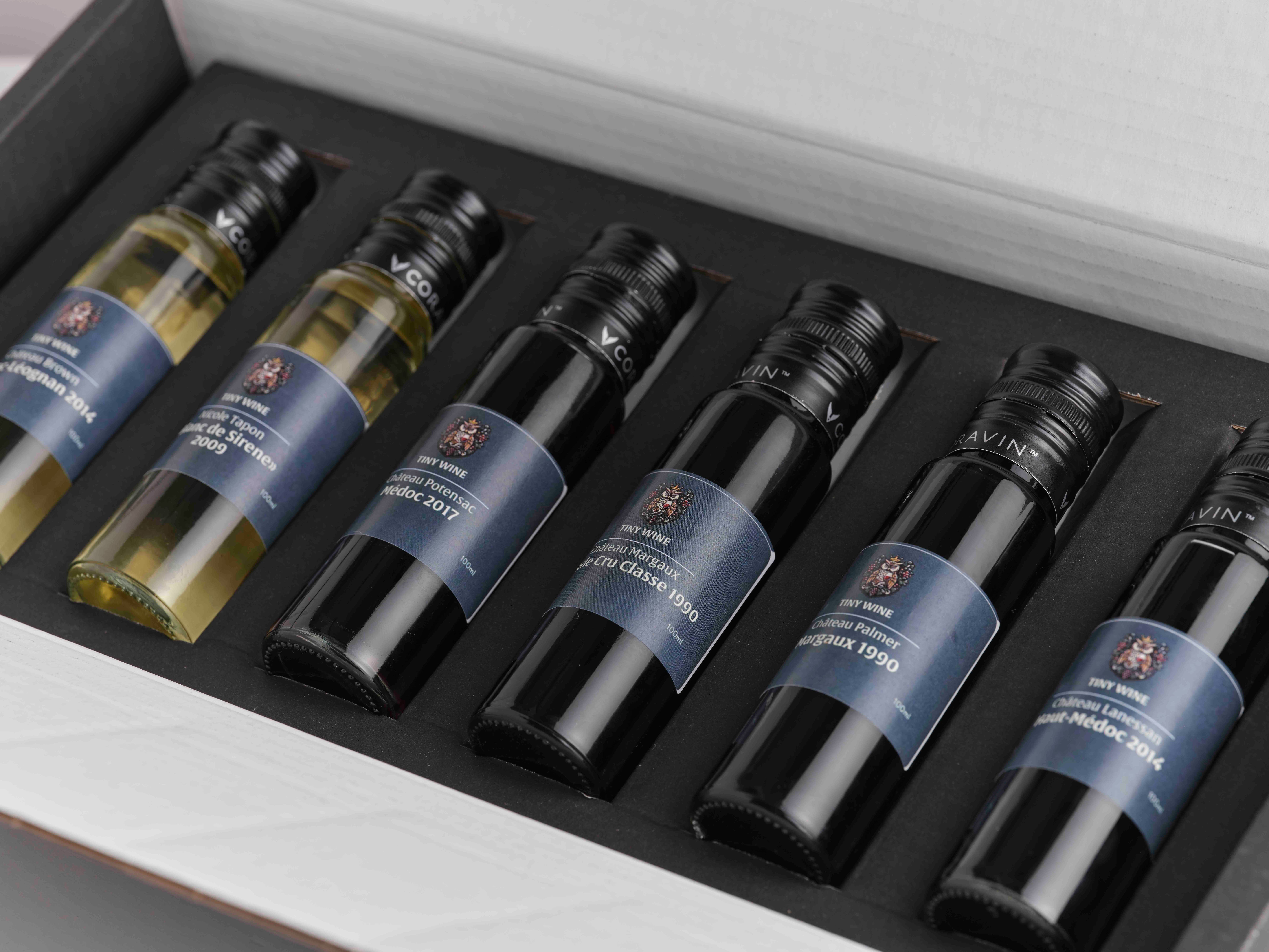So how does the Propeller (non) agency wine distribution model work? Jamie Wynne-Griffiths does his best to explain…
What is your own background in wine and in distribution?
I left uni (with an English Literature degree and a penchant for wine) foolishly thinking that I could make my way as a wine consultant in London. What I should have done was go to work with a wholesaler or start with Oddbins or Majestic and figure it out from there.
Anyway, I managed to get a semblance of a business running and then I met Jenifer Griffin-Howells and the late Dick Bradsell and we formed a broader consultancy practice together. The ensuing years were thrilling (consulting at Jamie Oliver’s Monte’s, operating the Time Out Food & Drink Awards for two years amongst others) but I realised that if I was to get anywhere in wine I needed a proper grounding.
A dear friend introduced me to Michael Saunders at Bibendum and I spent the next nine and a half very happy years there, engaged in a number of roles and running various teams. I was then headhunted by Enotria to run their London sales team and from there went on to join OW Loeb where, amongst other things, I launched a wine on tap operation with Rupert Taylor, now of Uncharted Wines fame. All in all, it’s been a couple of decades in the trade thus far.
You have started a new distribution services model that you think is ideal for these times – can you explain what you mean by that and what it is you are doing?
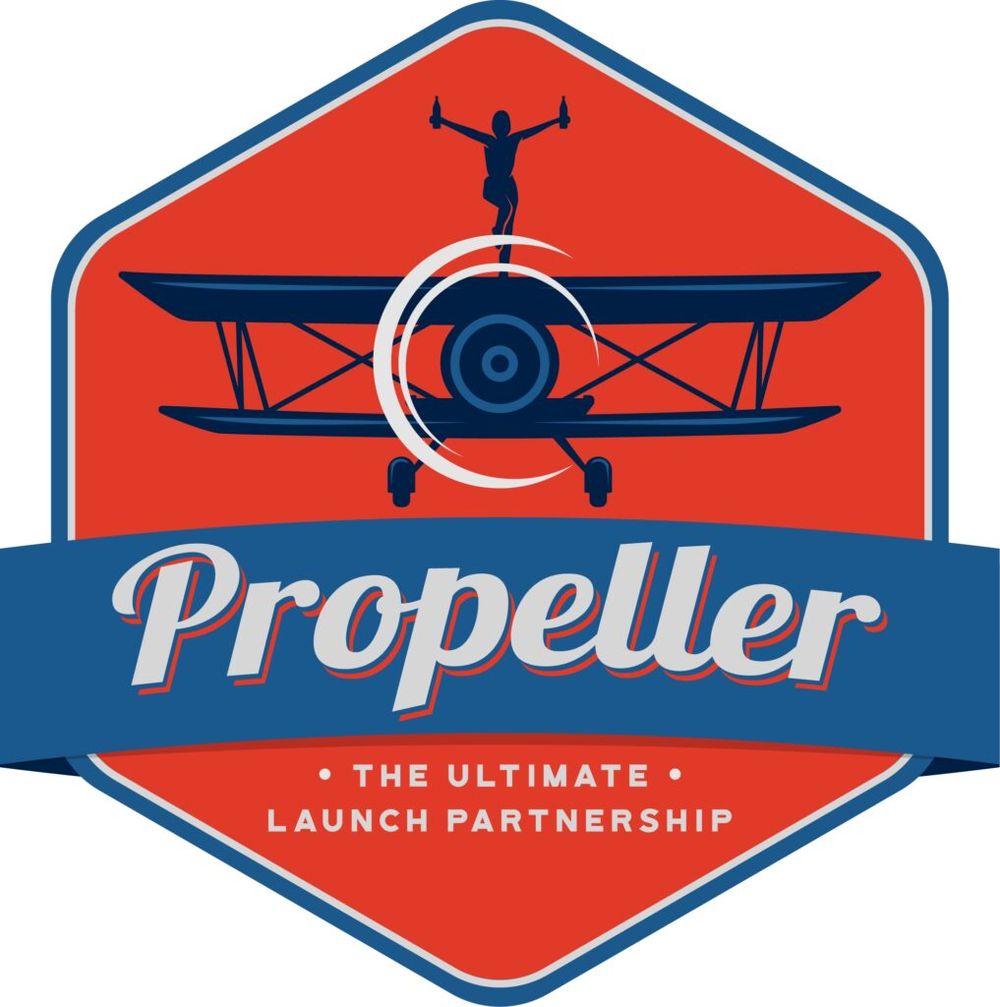
Propeller…a new wine distribution model for our times?
We have created a new, cost-effective way for producers to access the UK indie retail and regional wholesale sectors, without having to jump through hoops of fire finding an agent first. As is currently stands, those agents are facing existential threats to their normal business and volume in the market is skewed almost completely towards retail due to tier restrictions and lockdowns paralysing the on-trade.
As it stands it’s questionable whether a producer should really pursue the traditional route into the UK if agents’ potential volumes (at least for the time being) are so badly compromised – but that’s assuming you could get their attention in the first place.
So how else does a producer make headway here, particularly in order to tap into the current retail boom ? The options are very limited and basically involve landing stock here themselves and then trying to sell it via an export manager or online, but it’s risky, expensive and success is far from assured.
And then there’s the not inconsiderable matter of Brexit, which for an EU producer poses an additional bureaucratic and financial barrier to entry.
Propeller provides a robust, viable alternative. Producers land their stock on consignment at one of our partner’s bonds (EWGA Carnforth or Wickwar) and pay us a fixed retainer to cover our costs. In return we provide a full suite of warehousing, sales, distribution and marketing services. In practice that means giving them instant access to the UK’s indies via the combined EWGA and Propeller sales teams. We take care of all the duty admin, distribution, invoicing, credit risk and after sales, but from the outset we put the producer and retailer together so that they can build long term relationships with each other.
So how does this differ from a normal agency or importer model?

Wynne-Griffiths is using the experience learned working for major distributors such as Bibendum and OW Loeb to create a new, more flexible model that he believes is ideal for the uncertain times we are living in
The ‘hoops of fire’ reference is slightly tongue-in-cheek but it’s notoriously tough to get a listing with a UK importer. With a bit of research a producer might target the larger national players in order to (theoretically) secure their aspired volume, but striking up a conversation with one of them at just the right moment when they’re looking to fill that slot in their portfolio is inevitably driven by luck more than anything else.
The second line of attack would be to start conversations with regional wholesalers that may or not be able achieve the desired volume or profile – but arguably any listing would be better than no listing…
For the sake of argument let’s say that they land a national listing. One of that national wholesaler’s major assets (as far as their customer base is concerned) is its extensive portfolio, but for the boutique producer that can just as quickly become their undoing. Only the sustained support of internal stakeholders can prevent that producer’s wines from potentially getting lost in the medium term.
I’ve seen attractive, viable agencies fail within 18 months because they lost steam within the sales team, whilst others confounded expectations and flourished. There’s often no logic to it, it can just ‘happen’ and the producer ends up being consigned to the ‘natural churn’ of an agency business.
The buyers didn’t sell-in the wines convincingly from the outset, the on-trade team thought that there were too many off-trade listings, or vice versa etc. If the producer then decides that they have to try their luck elsewhere they take a huge risk because (inevitably) they’re not going to be given their current customer list. Essentially they will have to start all over again.

So how do you help producers build and maintain a business and presence in the UK?
We provide hitherto ‘unknown’ producers with the chance to develop their volume and profile in the UK sector where they have the greatest chance of sustainable, long term success – independent retail. Our pre-assessment is extremely rigorous, we don’t want them to waste their precious resources if the wine quality, packaging or price expectations are going to be obstacles, but if they pass that process then we will devote all our energies to driving listings for them.
Once onboard our clients undergo a more detailed peer group assessment so that we all understand where they sit within their category, and to ensure that our short and medium term strategies stand the greatest chances of success. We report our progress on a monthly basis and link up producers with their new stockists directly so that they can engage online, and ultimately in person.
Unlike a ‘regular’ agent we don’t have to protect our customer data (those retailers are as much the producer’s customers as they are ours) so putting everyone together takes us a step closer to properly bridging the gap between producer and consumer. In these straitened times I believe that this has never been more important.
We also work with trade and consumer press to raise profile and ultimately drive attention towards our clients’ stockists. When events return we will also support our clients at generic trade tastings as well as hosting in-store events with our retailer partners.
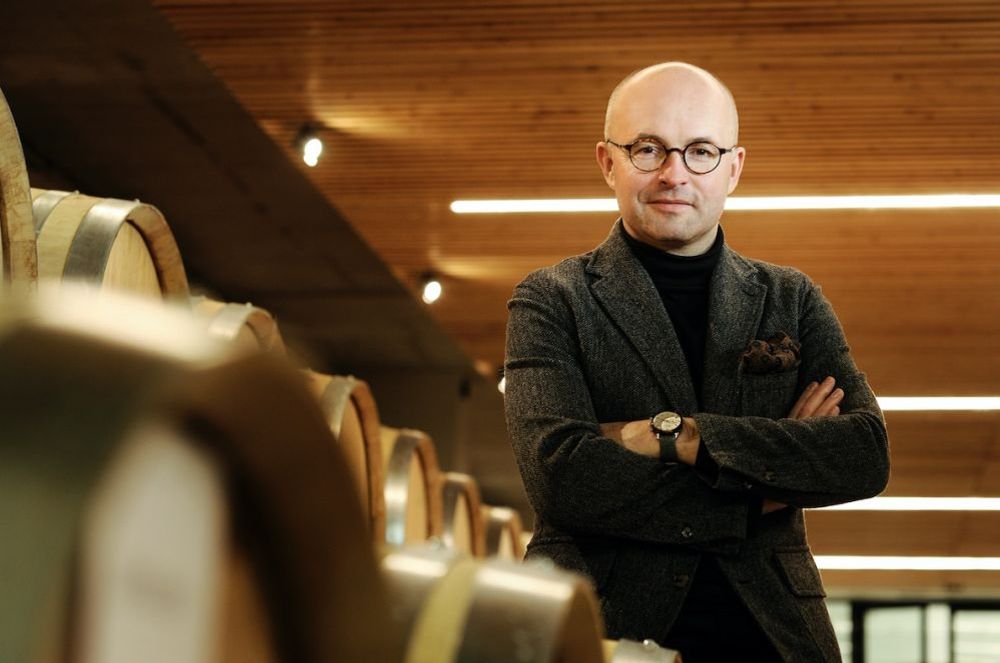
Propeller is also working with established highly respected producers like Laurent Delaunay – a fifth generation winemaker in Burgundy – and his range of Abbotts & Delaunay wines from the Languedoc
What was the inspiration for coming up with this new model?
Part of my work at Wild Ferment pre-Covid was matchmaking producers with importers. Obviously that died overnight in March 2020 but the producers I was working with, along with my wider network, were only too aware of the subsequent retail boom, which was being mirrored to varying extents in their own countries. They desperately needed business but Covid had only made the bottleneck of getting into the UK more pronounced. I needed the ‘Walls & Wheels’ that could get them straight into the retail hotbed, and so the concept of Propeller began to take shape.
Key to this was working with a privately owned bond (to ensure high levels of customer service, as well as the shared risk and shared endeavour of a proper partnership) and EWGA was top of my list. Adrian Moeckell, EWGA’s managing director, has set-up not one but two impeccably run bonds. He quickly saw the potential of Propeller and between August and September we hammered out the minutiae of the business, ready for launch in October.
How do you manage the margins through the supply chain, in terms of what the producer gets and you receive?
We are paid a fixed monthly retainer, however we price our the clients’ wines as if we were the agent – that means that all the usual COGS and margin expectations are baked into the RRP. The producer earns the uncapped wholesale margin and our aim is for them to be cost-positive (ie: earning more in margin than the cost of our retainer) by about month six or seven.
We formulate the pricing this way for two important reasons: firstly we want the wines to behave in the market as they should – there’s no point pursuing a superficial, short term gain by using quasi ex-cellar rates; secondly, and much more importantly, we want to create a business for the producer that can be subsequently taken on by ‘regular’ importer. To do so, that agent’s margin requirements must already be addressed, to avoid any increases that would prejudice the volume that we’ve been able to achieve.
What are the benefits to your customer – the independent wine merchant or restaurant – in working with you rather than a traditional agency?
The nature of our model means that the portfolio never stands still and for a retailer with an ever-more demanding customer base that’s pretty helpful, but more importantly we can take a pioneering stance on a country, region or style that doesn’t currently have traction in the UK, meaning that retailers can tap into genuinely unique wines that they simply wouldn’t find elsewhere.
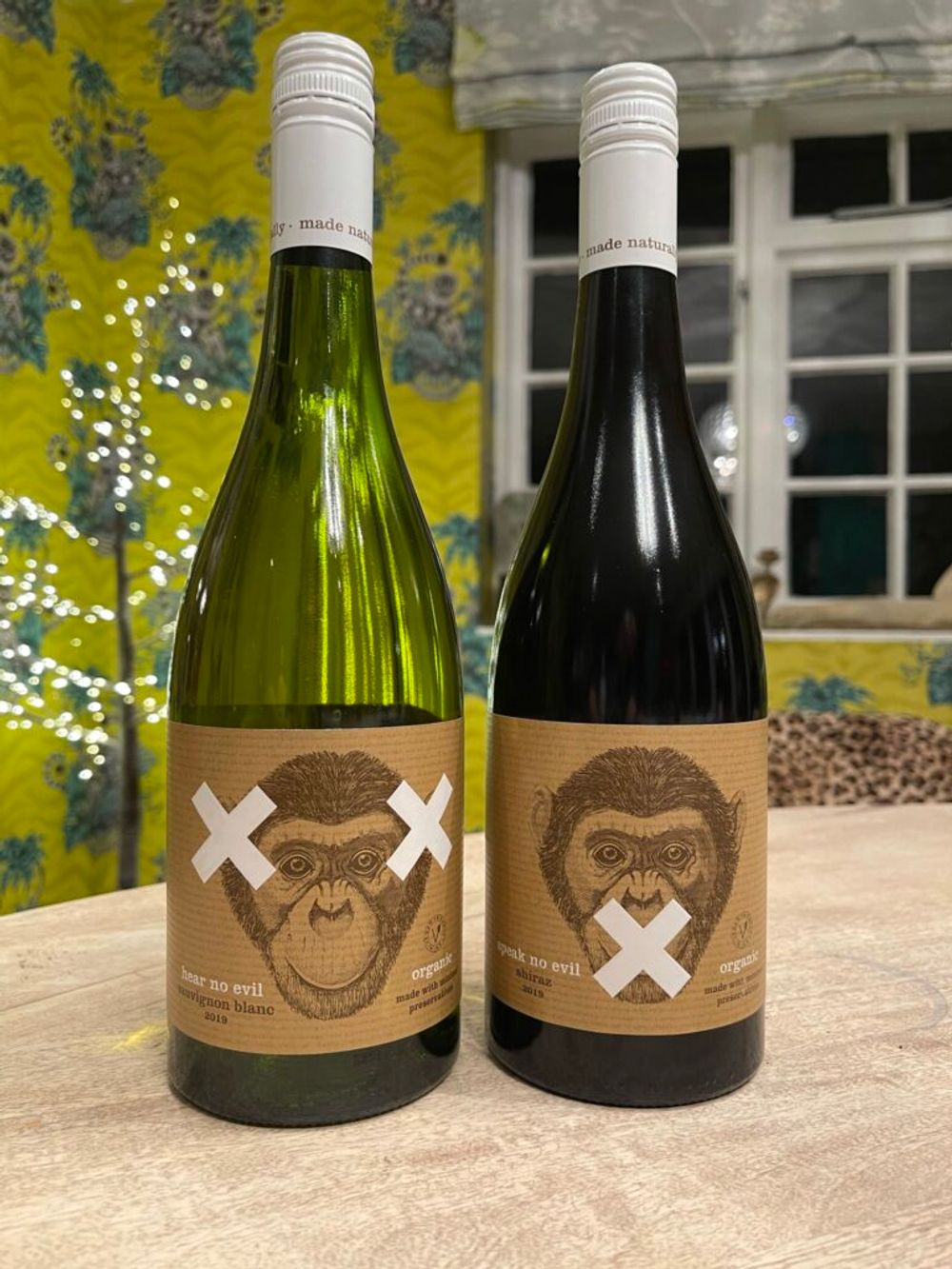
Fourth Wave wines from Australia is one of the producers that Propeller is initially working with
Equally what are the benefits to the producer?
Given how difficult it is to get into the UK post-Covid, post-Brexit we give producers a chance that they might not otherwise have. We’re ruthlessly honest with prospects. Of the eight producers we’ve taken on since November there are at least 30 that we regrettably couldn’t proceed with. But if we take them on they get a wealth of category and customer insight that they’d never gain in a traditional agency context.
You say you can also work with a collective of independents and act as the logistics arm for them?
Yes absolutely. We view our service more as a ‘landing pad’ than a permanent home. Typically our agreements are for 12 months. When we get to that point, assuming that the volumes are satisfactory, the producer can instruct us to find them an agent (which is a much more realistic proposition if we can present a thriving business case) or they can continue with us indefinitely on a more traditional wholesale basis.
We are, however, very conscious that the agency landscape is likely to further change during 2021 and further casualties are sadly inevitable, which consequently further reduces the possible openings for a viable Propeller client. By contrast the demand from independents is likely only to increase; successive lockdowns have further cemented our awareness and reliance upon local retail, and changing employment practices mean that more people than ever will work from home even after the pandemic has passed.
The intuitive next step therefore is to empower the retailers that have generated the cumulative volume (that makes the agency viable) to become the producer’s de facto agent. Of course this equally applies to the buying groups that they might be members of. That transition would see us take a backseat, purely logistical role – helping collate the orders, arrange the shipping and deal with the importation admin. They could also bond the wines with us if so desired, but we recognise that they might have their own arrangements already in place.
Our overriding aim in this context is to ensure continuity for our client (potentially recruiting new stockists into the collective to address any subsequent attrition) as well as providing them with a clear and consistent line of communication, rather than leaving them to sink or swim in this often volatile and capricious market.
How do you see it developing?
The Propeller model is extremely useful for generic campaigns because numerous producers with a cross section of representative styles can be shipped together and made available here for sampling and sale under a single initiative. We have been working with MOVI in Chile since November on a plan to bring some of their members to the UK, and I’m pleased to say that a container of 10 wines from six different producers is about to arrive in the UK.
This will see wineries like La Despensa, La Recova, Maurizio Garibaldi and Nerikhue grace these shores for the first time, something that just couldn’t happen in the normal agency context. Our aim is to ship at least three containers from MOVI per year, and each one will be different from the last, with new members participating for the first time, along with new cuvees and new vintages.
We are also in advanced discussions with a number of regional generics, both in Europe and the New World that we will be able to talk about in the coming weeks.
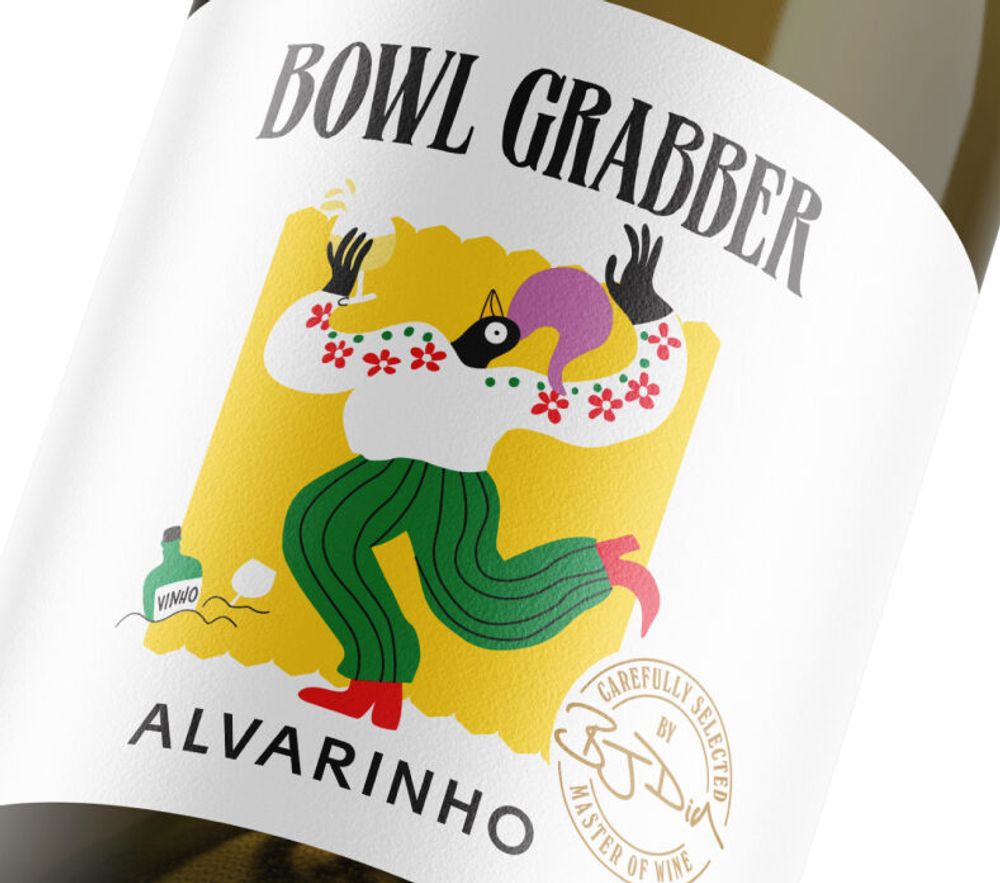
The new Bowl Grabber wine brand is being promoted and distributed through Propellor
If getting the attention of an agent is tough for an unknown producer it’s tougher still for an entirely new brand, however Propeller is proving to be an equally viable route in this area too. Ostara, a foraged English Hedgerow vermouth created by Julian Davies (ex Bombay Sapphire global marketing director) is a case in point, so too is Bowl Grabber, [the new wine brand from Barry Dick MW and Nick Palmer which The Buyer featured recently], along with Cassidy Dart’s South African charity project, Kunye: The Winewise, which we’ll be launching in early March.
How do you see this model working when the on-trade and usual wholesaler network is back up and running again?
Our model will always be to support indies and regional wholesalers, they are the best stewards of their local on-trade so as that sector re-opens we’ll be ready to support them with whatever they need. From a direct distribution point of view though I’m particularly keen to engage the festival and travel retail sectors because we have long standing relationships there – but given Glastonbury’s 2021 cancellation and the dire state of the UK-based airlines and cruise lines we’ll clearly have to be patient for a status quo to emerge.
How are you managing at the moment with all the extra red tape for importing wines ?
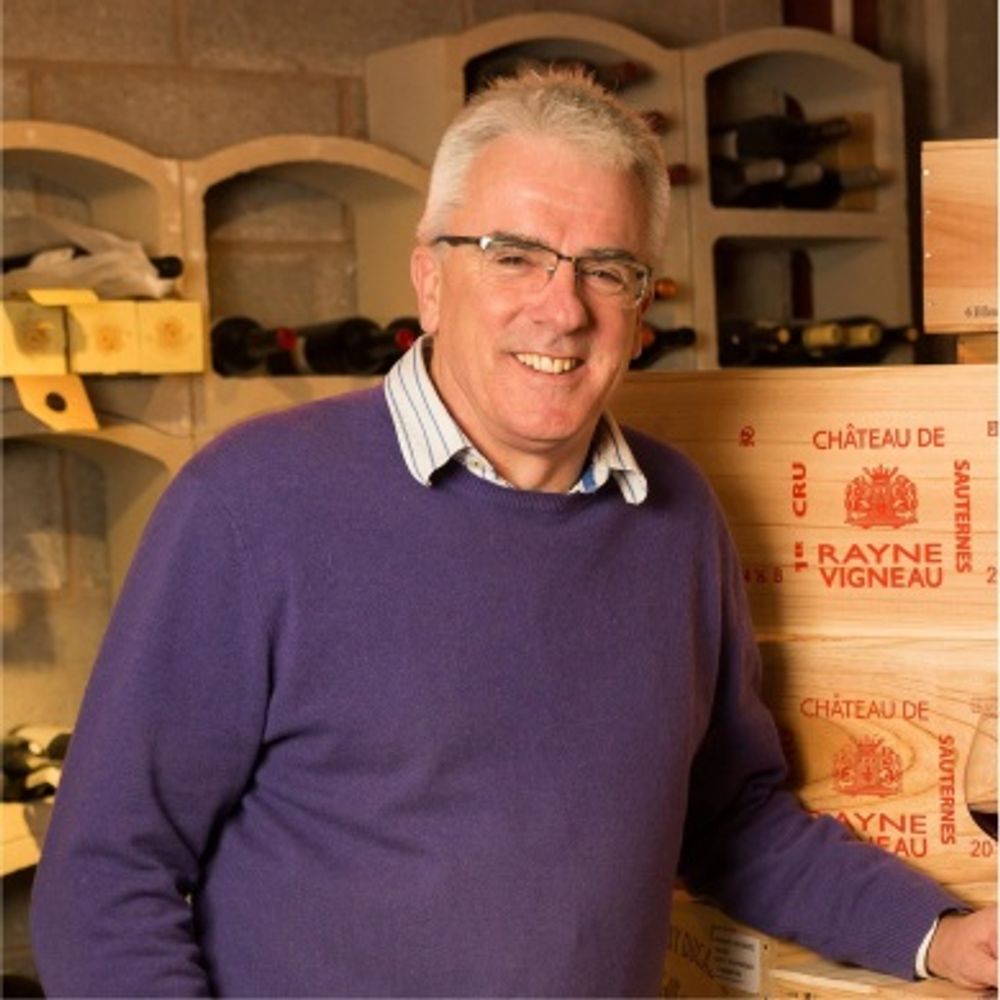
Adrian Moeckell of EWGA is as well placed as any to get on top of the new Brexit trading rules and regulations
Adrian Moeckell at EWGA answers: The latter stages of 2020 and early 2021 have seen a perfect storm for wine importing into the UK. Supply disruption through localised country wide lockdown with Covid-19 around the world and low levels of demand have had a medium-term impact on the supply chain that will last well into 2021. This could be months in the case of some deep-water shipments. Brexit was a choice not a pandemic.
The impact of the Brexit deal that has been agreed will take time to resolve. Most of the range of choice in wine in this country come from Europe, certainly for EWGA where this is over 75% of our range and 60% of our volume. This is driven by our customers. All the progressive growth is being driven by exciting new wines from the Mediterranean basin. The options to increase choice from outside Europe are limited.
The impact of Brexit can best be summarised:
- All wines now need to be shipped on treated pallets which are not currently used. This has a short-term cost impact of around £10 per pallet that should resolve itself by next year.
- Every shipment incurs a fixed cost of about £125 in customs fees. This has a serious effect in reducing choice. It is no longer feasible to ship less than two pallets (1200 bottles) from one source without incurring an additional cost of at least 50p a bottle.
- We used to be able to collect smaller quantities from dedicated family growers and collate as one load (groupage). Sadly, this is no longer economically viable.
- The lead-time from placing an order to receipt in the UK is currently at least 6 to 8 weeks, 4 weeks longer than previously.
- Realistically, there is no longer flexibility to amend orders once they have been placed as revised export documents would need to be raised causing delays and further expense.
The process and details required are complex, open to fraud and not fully understood, meaning importers without bonded warehousing are at a serious disadvantage as freight forwarders can and will charge considerably for their knowledge. As a vertically integrated wine company, we have a significant advantage over those importing duty paid or using contract bonding as we control most of the supply chain.
The cost of haulage is presently unclear as many lorries are travelling empty to Europe because of our restrictive practises in Kent. We hope that this will resolve itself as the consequence would be a doubling of freight costs. There are many other areas still under discussion but the whole process leads to less flexibility and a need for greater sales per product line.
There are no benefits from this system, just more red tape and substantial administrative overheads. Unfortunately, the wine trade will lose the small agency operations as fixed overheads benefit volume. The result will be fewer importers and no market for small volume producers
Wynne-Griffiths adds: We are trialling a number of structures in France and Spain that will enable producers to consolidate there and benefit from a single customs charge. We’ll be able to share more when we’ve assessed the results.
- If you would like to hear more about how Propeller works and what support it might be able to provide your business then you can contact Jamie Wynne-Griffiths on email: jamie@propeller.wine and go to its website at www.propeller.wine.
